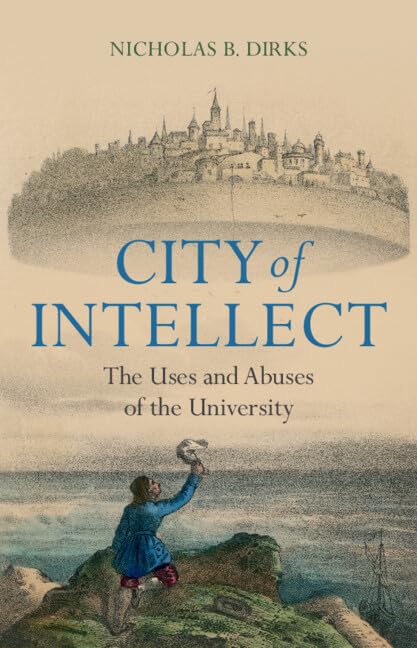https://www.goodreads.com/book/show/60149549-savorSavor: A Chef’s Hunger for More by Fatima Ali
Certain books enter your life to do more than simply educate or entertain-they move you. This is one such book that took me through a wide range of emotions through its pages.
The book is a memoir told in the words of an exemplary chef who was introduced to me (and many) during her Top Chef Denver competition and later, in her death, through Padma Lakshmi’s Instagram. Fatima Ali, born and raised briefly in Pakistan, then Austin, TX and then again in Pakistan was a chef of acclaim. She uses this book to celebrate her heritage, cooking, family, and love for the profession and professionals of all social stature. Though she achieved much in her 29 short years, she expresses a regret in the final pages of not taking more time to experience more.
She received (and repeatedly acknowledges) the gifts of love of her mother and brother, two rocks who persisted throughout her life, even when they had to be far from her. Her circle of half-sisters (sisters in her words), extended family and friends, fellow chefs and kitchen peers, teachers and loves were rocks she leaned upon in the end.
The story begins with the introduction of a writer tasked with helping write (or complete) this memoir and the first chapter exposes the emotional roller coaster the book promises. Mental and physical abuse and trauma, poverty and divorce, distance and jealousy continue to escalate the emotional tug on the reader. They are each moving and will bring tears easily.
But nothing, NOTHING, nothing prepares the reader fully for the final sixty pages. This is where Fatima and her family feel and share the onslaught of a disease not usually associated with a 28/29-year-old Pakistani woman. The physical pain is exposed in words and feelings only to be reintroduced with the emotional pain of reliving a life and its regrets of childhood and young adulthood. You feel the strain on the mother and brother, the primary oncologist, the friends and peers, and the writers themselves.
The story is told in Fatima’s own words and interspersed with chapters written by or in the mother’s words. The brother, Fatima’s ever persistent rock, speaks but is felt mostly in the comfort clearly felt by Fatima through his words, reactions, and actions. The final chapter, an afterward by the brother, Mohammed, himself is meant to express gratitude to all who were Fatima’s extended family. Instead, it adds and highlights how she became the magnet to attract the very people whose expression of love begins and transcends love through food.
This is an incredible book, an emotional story, and a call to each of us to recognize the gift of life we’ve been given and entrusted to savor.
View all my reviews

